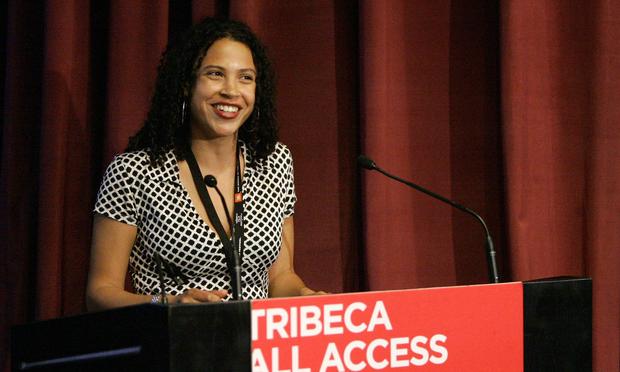Sorry Music Journalists, Drake is Black.Posted in Articles, Arts, Canada, Communications/Media Studies, Judaism, Media Archive, Religion on 2015-05-01 20:33Z by Steven |
Sorry Music Journalists, Drake is Black.
Canadaland
2015-04-30
Writers need to stop policing his blackness
It feels ridiculous to have to say this: Drake is black.
Drake, born Aubrey Graham in a city where almost one in ten people are black, is black. Toronto’s greatest civic triumphalist since Jane Jacobs is black.
He is a black man as much as any other black man. And yet Drake’s own identity – his nationality, his mixed race background that includes Jewish heritage and upbringing, the neighbourhood he once lived in, the schools he went to – is often taken to mean that his black experience is somehow inauthentic. While certainly not the first artist to have this kind of analysis imposed on him, Drake’s profile means that his art in particular has been prominently used to deny his black experience when it doesn’t conform to someone else’s narrow vision of race…
Read the entire article here.




